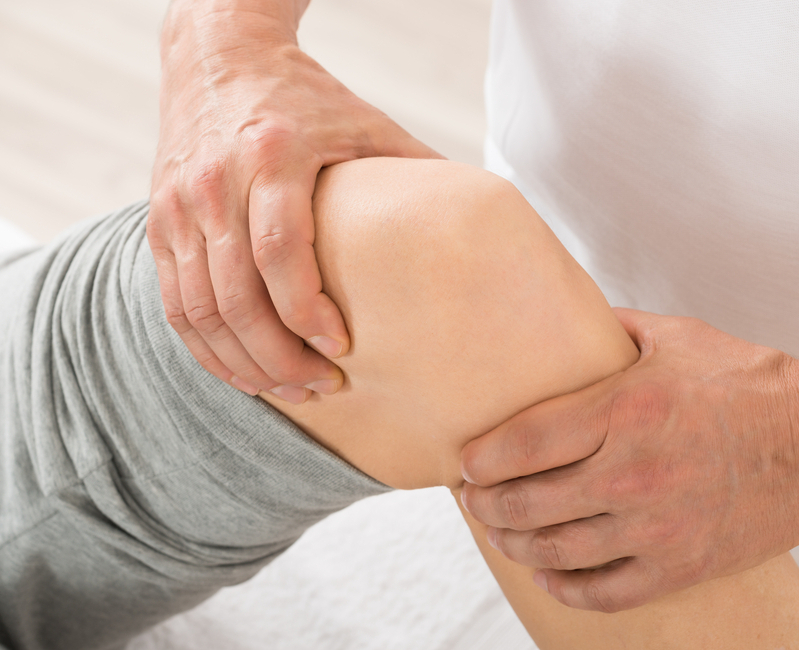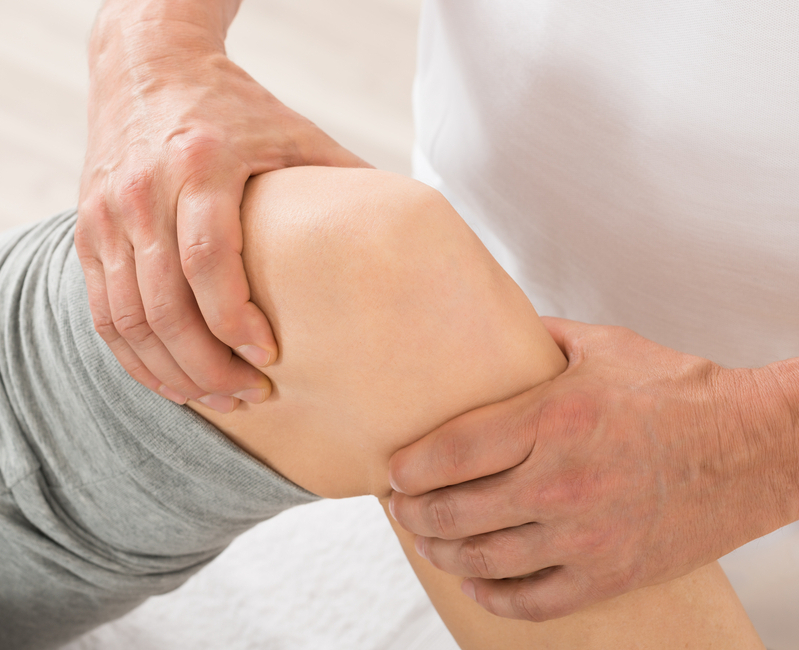Knee pain can occur in people of all ages for a variety of reasons. Our knee is a complex part of the body that performs a sophisticated function. Several entities enable the knee to do its job, including the bones, tendons, ligaments, muscles, and cartilage. If any of these parts get damaged or have difficulty functioning, your knee will suffer. Thus, it is extremely important to perform a thorough check of the knee to determine the cause of severe knee pain.

With a proper diagnosis, it can help the patient relieve symptoms, seek treatment, and regain mobility. Knee pain symptoms will differ from person to person. While two individuals may have the exact same knee problem, but their experience with the pain and symptoms can be different. For instance, some people may be able to tolerate the pain and get on with their daily activities, but others may not be able to move even an inch because of the excruciating pain.
This is why getting yourself diagnosed the moment you feel any discomfort in your knee is important. It starts by analyzing the pain and symptoms. For many, it can be a little overwhelming to distinguish between the symptoms.
This article breaks down the common knee pain symptoms to help you understand the trauma caused to your knee. Also, we will discuss the common causes of severe knee pain.
Knee pain symptom checker
The knee pain you experience can be localized to a particular region or spread across the knee. It will vary depending on the structure (bone, ligament, cartilage, tissue, tendon, muscle) involved. If it is an infection, your knee might be completely swollen, and if it is a fracture of a bone or a torn meniscus, the symptoms will only originate from one specific location.
Some of the most common pain include anterior knee pain and sciatic nerve knee pain. While they are common, people don’t know much about their symptoms.
Sciatic nerve knee pain symptoms:

It is not always a physical injury that causes your knee to swell up and make you go through immense pain. The muscles and tissues around your knee are powered by nerves originating in your lower back. Compression or irritation of these nerves at their spinal origin causes symptoms, which may include knee pain.
This condition is known as sciatica. And knee pain may be a symptom of sciatica. The sciatic nerve knee pain symptoms may include:
● Weakness while extending the knee
● Buckling or giving out of the knee
● Inability to bear weight on the knee
● A dull ache, sharp pain, or a warm sensation in the side, front, or back of the knee
The pain can travel through the knee to irritate your calves and ankles.
Symptoms of anterior knee pain:
Anterior knee pain occurs in the front or anterior parts of the knee. It is highly common in women than in men. It can have several causes. For starters, any structural damage to the knee can lead to anterior knee pain. Also, any damage to the cartilage, tendons, ligaments muscles could lead to anterior knee pain.
It is highly common in people who are overweight, those who have suffered any previous injuries to the knee like fracture or dislocation, and those who are athletes or play any sport.
The primary reason why females are more prone to getting anterior knee pain is due to the fact that they have a wider pelvis, which puts more pressure on the knee.
Its symptoms may include:
● Pain when bending the knee
● Difficulty in standing up and sitting down
● Cracking sound of the knee
● Tingling sensation around the knee cup

You have to consult your doctor if you experience any discomfort. Even if there are acute knee pain symptoms, you should get it checked with your primary care physician.
Your doctor may recommend you at-home care treatment like ice packs, compression, elevation, and rest. If you do not feel any relief from pain or discomfort, your doctor may prescribe you to see a specialist like a knee doctor.
Final words
Your knee supports your entire upper body. Thus, it daily undergoes wear and tear, stress, and pressure. Thus, it is important that you keep your knee health in check. Even a little distress can affect the quality of your life.




